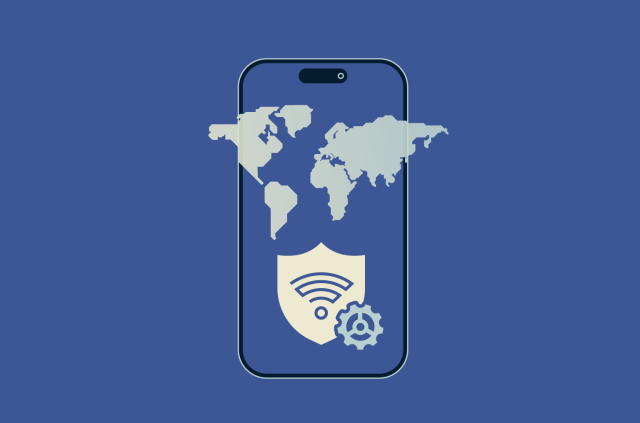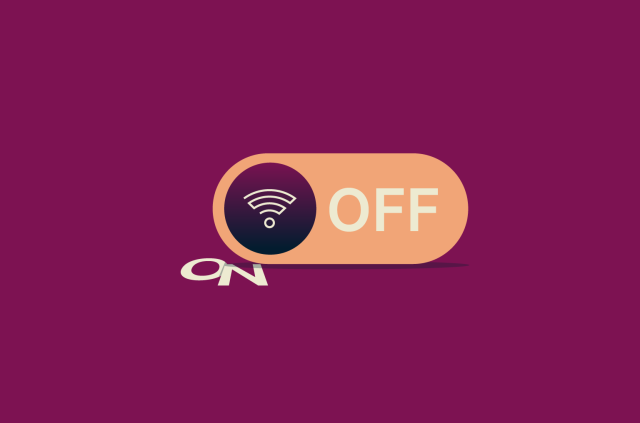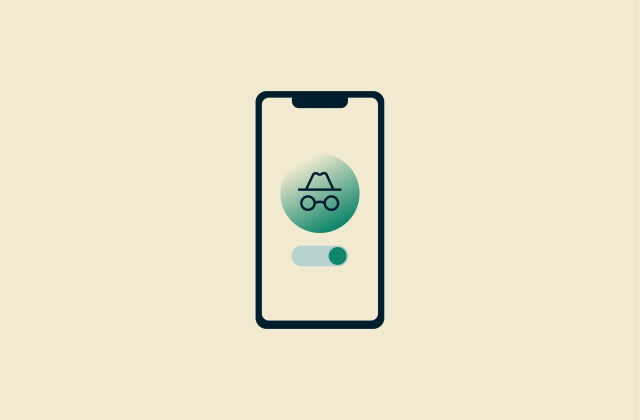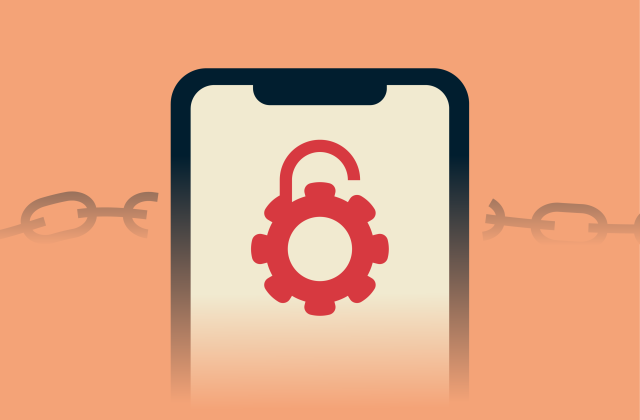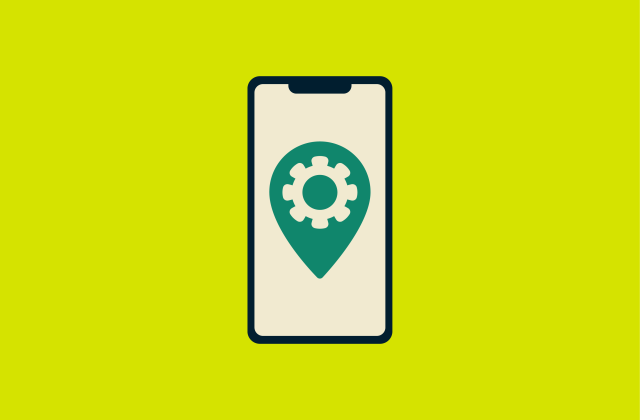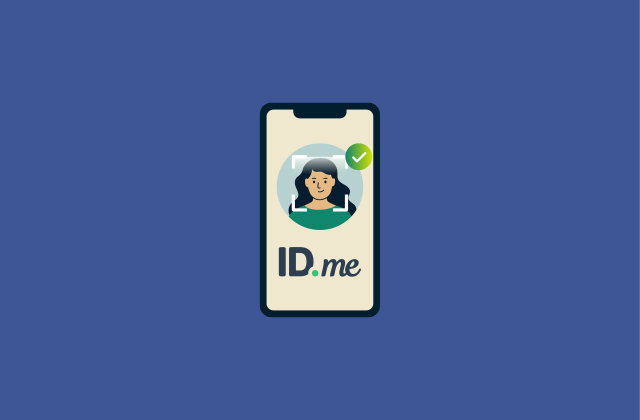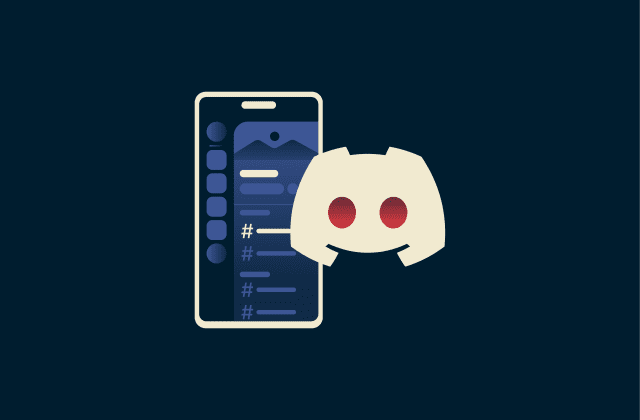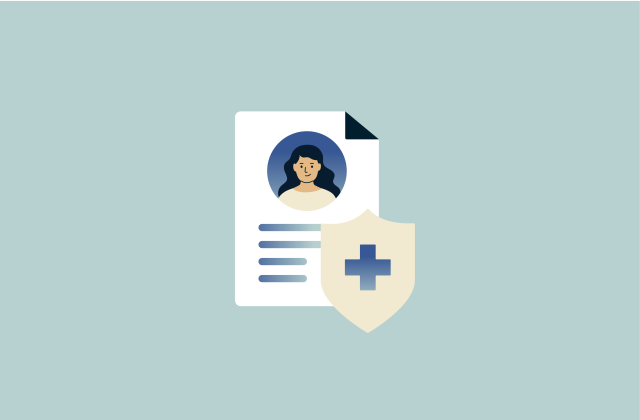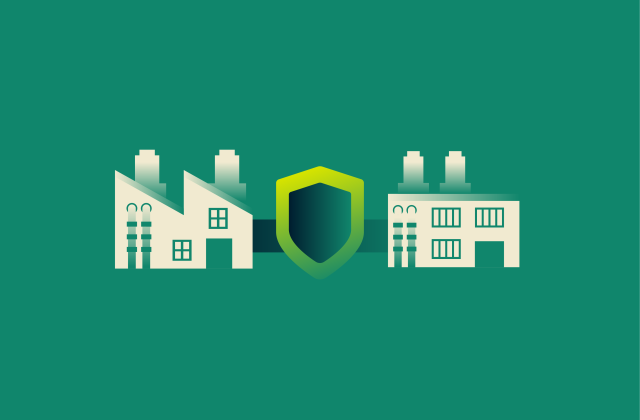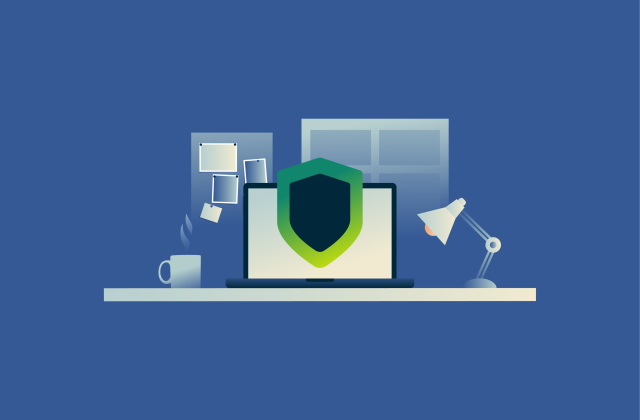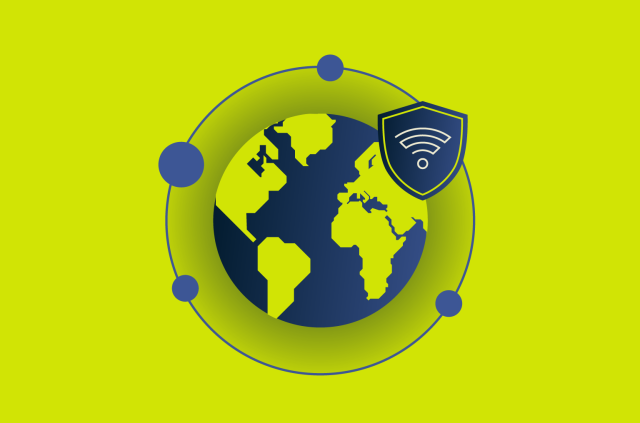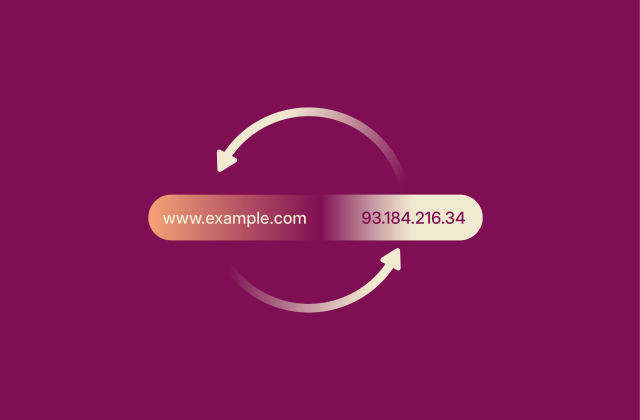What is a VPN on an iPhone? Do you need one in 2025?
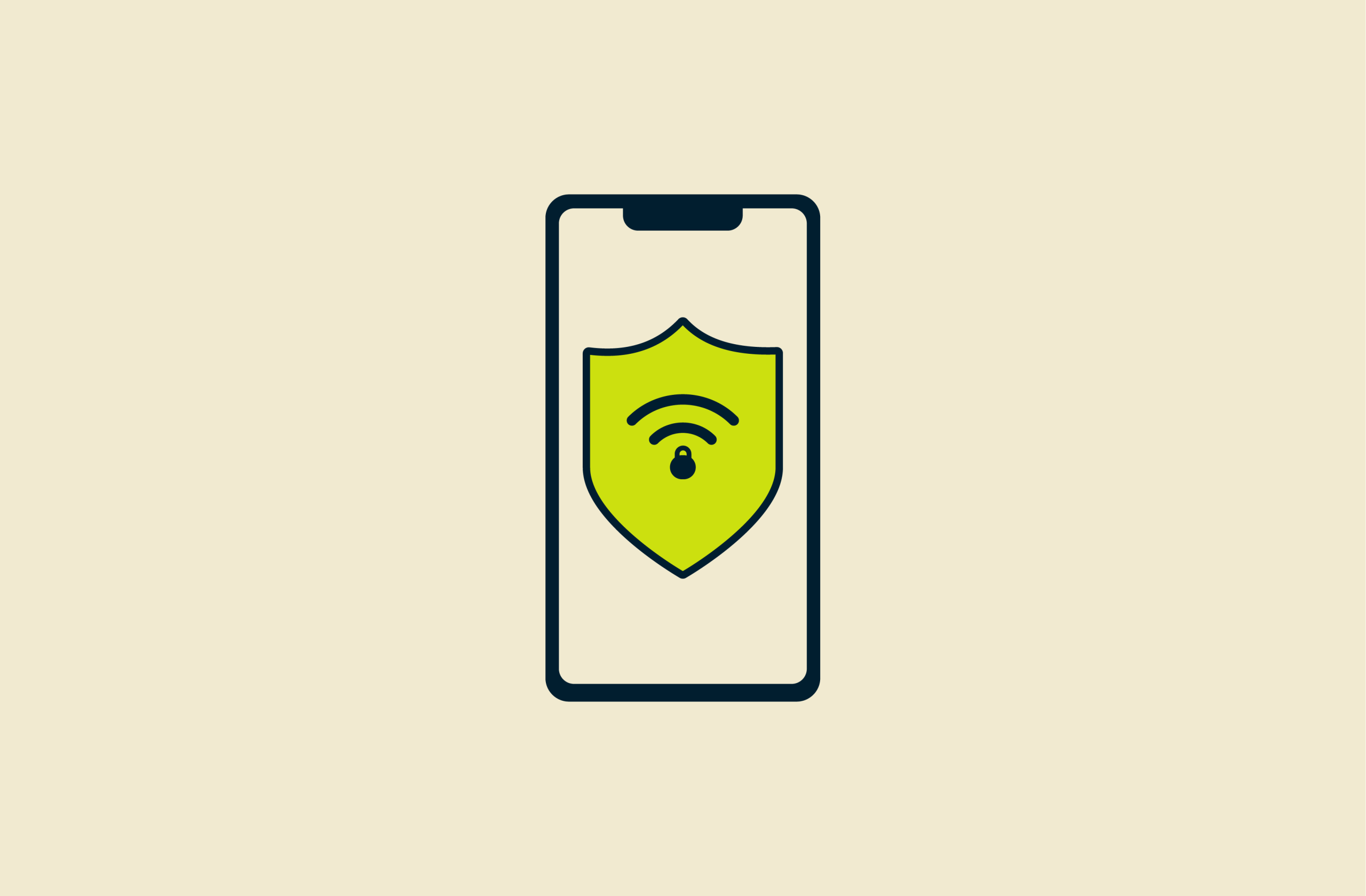
Your iPhone can do a lot of things: order food, unlock with your face, and autocorrect your texts into complete nonsense. But what it can’t do is protect your online privacy all by itself.
Apple provides some built-in privacy features, but those safeguards don’t cover everything. As a result, much of your data still remains exposed to third parties, such as your internet service provider (ISP), advertisers, and even cybercriminals.
That’s where a virtual private network (VPN) comes in, encrypting your traffic and hiding your IP address from the websites you visit. In this article, we’ll explore why you might need a VPN on your iPhone and explain how to set one up. We’ll also provide tips for choosing the best VPN service for iOS so you can make an informed decision.
Why do I need a VPN on my iPhone?
Here are some of the common ways that getting a VPN on your iPhone can benefit you.
- Protect your data on public Wi-Fi: Public Wi-Fi networks are often unsecured, meaning they don’t require a password or use encryption. So when you connect to the Wi-Fi at a cafe, airport, or hotel, you may be exposing your data to interception by threat actors. This might allow them to obtain sensitive personal information, such as your credit card details. A VPN can stop someone from hacking your iPhone through Wi-Fi by making your traffic unreadable to others.
- Increase online privacy: By encrypting your traffic and hiding your IP address, a VPN makes it more difficult for advertisers and other third parties to track your browsing habits and online behavior across the web.
- Hide your IP address: Your iPhone’s IP address reveals your approximate location to the sites and apps you use. A VPN hides your real IP address behind one belonging to the VPN provider to protect your privacy.
- Maintain access to your usual services: A VPN helps ensure a stable and secure connection to the apps and services you use every day, even when you’re on the move. It can help prevent interruptions and keep your connection private, so you can stay connected to your regular subscriptions and accounts safely while traveling.
Should the VPN be on or off on an iPhone?
Generally speaking, keeping your VPN turned on at all times is the best practice to ensure that your online activities are secure and your privacy is protected. But there are a few scenarios where turning it off temporarily might make sense.
When it’s best to keep the VPN on
Your VPN should stay on whenever your iPhone is connected to the internet, whether you’re using Wi-Fi or cellular data. There are two main reasons for this.
First, your iPhone may communicate with apps and websites in the background, even when you’re not actively using them. Keeping your VPN on ensures that background data is also encrypted and private.
Second, many apps and websites track your IP address, location, and activity while you use them. This data is often used to build detailed profiles about you for targeted ads or analytics. A VPN prevents this kind of tracking by anonymizing your internet activity.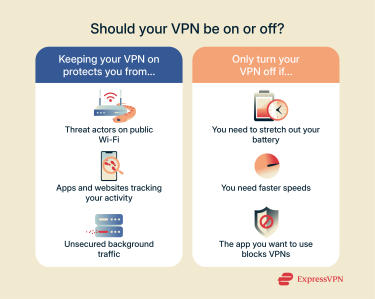
When you might turn it off (battery, speed, app conflicts)
While it’s best to keep your VPN on by default, there are a few specific cases where turning it off temporarily may be reasonable:
- You’re trying to conserve battery life: VPN encryption uses a small amount of processing power. Usually the impact is minimal, but if you’re in a situation where you need to squeeze every minute out of your iPhone’s battery, disabling your VPN can help slightly.
- You need faster speeds: Using any VPN will reduce your connection speeds slightly because it takes time to route your traffic through the VPN server and to encrypt your data. Most of the time, it’ll hardly be noticeable. But it may make a difference when you’re playing a latency-sensitive game or downloading a large file.
- The app you want to use blocks VPNs: Some apps, especially banking or streaming services, may block VPN traffic. If you’re having trouble accessing a particular app or service, disabling the VPN might resolve the issue.
Is it safe to use a VPN on an iPhone?
It’s not only safe but also advisable to use a VPN on an iPhone, so long as you choose a provider with a transparent privacy policy and a strong reputation.
Apple’s built-in security vs. VPN benefits
Apple has a feature called iCloud Private Relay (available to iCloud+ subscribers) that helps protect your privacy, but it can’t replace a VPN.
To put it simply, iCloud Private Relay makes it so that no single entity can see both your real IP address and what websites you visit. This means that no connection can be drawn between you and your online activities.
However, unlike a VPN, iCloud Private Relay only protects your Safari activity. It doesn’t protect your internet traffic on other apps or browsers. Additionally, it doesn’t allow you to spoof your location. So while iCloud Private Relay is a useful feature, a VPN is the more complete privacy solution.
How a VPN affects iPhone speed and battery life
The only downsides to using a VPN are that encrypting your traffic can have a slight impact on your speeds and use a bit more battery. But with a modern protocol such as Lightway, you’re less likely to notice this impact. You may also need to turn off your VPN temporarily when accessing an app or website that blocks VPN traffic or functions incorrectly without your real IP address or location.
Legal considerations
You should also check whether the VPN of your choice is legal in the country where you plan to use it. VPNs are legal in most places, and they’re widely used by both individuals and businesses to protect sensitive data and maintain online privacy. But some countries do restrict and regulate VPN usage, allowing only state-approved VPNs, so it’s worth confirming if you’re unsure.
FAQ: Common questions about VPN on iPhone
Should I turn on the VPN on my iPhone?
Yes, you should keep your virtual private network (VPN) turned on whenever you’re connected to the internet to protect your privacy and secure your data. A VPN encrypts your connection and hides your IP address, making it much harder for companies to track your online activity or for cybercriminals to target you. This is especially important when using unsecured public Wi-Fi networks.
Do iPhones have a VPN built in?
No, iPhones don’t have a built-in virtual private network (VPN) service. While the VPN settings allow you to manually configure and connect to a VPN (which is why you’ll see a VPN option in your iPhone’s settings), you still need a VPN provider to supply the server details and login credentials.
iCloud Private Relay isn’t a VPN either, although it does provide some of its protections. But it only protects your Safari traffic, whereas a VPN protects all internet traffic on your device.
Does iOS automatically use a VPN?
No, iOS doesn’t automatically use a virtual private network (VPN) because it doesn’t come with a built-in VPN service. Once you’ve set up a VPN, though, you can enable its auto-connect features.
Many third-party VPN apps include options to automatically turn the VPN on under certain conditions, such as when connecting to unsecured Wi‑Fi networks or switching to cellular data, ensuring your connection stays protected even if you forget to connect to the VPN beforehand.
Is a VPN on iPhone free?
Virtual private networks (VPNs) for iPhone can be free or paid, but free VPNs typically come with limitations such as slower speeds, data caps, or limited server locations. Some even pose privacy risks, like logging and selling your data. For the best speeds and security, choose a reputable paid VPN service, like ExpressVPN.
How do I get a VPN on my iPhone?
The easiest way to get a virtual private network (VPN) on your iPhone is to download a VPN app from the App Store and follow the on-screen instructions provided by the installation wizard. The whole process will only take about 5 minutes.
Is a VPN better than using Private Browsing?
Yes, a virtual private network (VPN) provides more comprehensive protection, but ideally, you should use both.
Private Browsing prevents sites from storing cookies on your device, blocks third-party trackers, and automatically deletes your search or browsing history after you close the window. However, it doesn’t hide your IP address or encrypt your internet traffic. This means the websites you visit, your internet service provider (ISP), and others on the network can still see your activity.
A VPN encrypts all your internet traffic (not just in Safari) and hides your IP address, giving you stronger privacy and protection against cyberattacks.
Can I use a VPN on an iPhone without an app?
Yes, you can use a virtual private network (VPN) on an iPhone without installing an app. iOS supports several VPN protocols natively, and you can manually configure a connection in the Settings app. However, you’ll still need a third-party VPN service to provide the server details, credentials, and configuration details.
Take the first step to protect yourself online. Try ExpressVPN risk-free.
Get ExpressVPN



